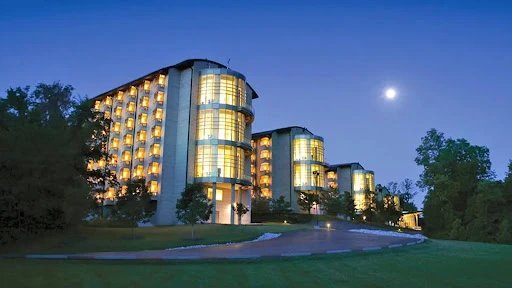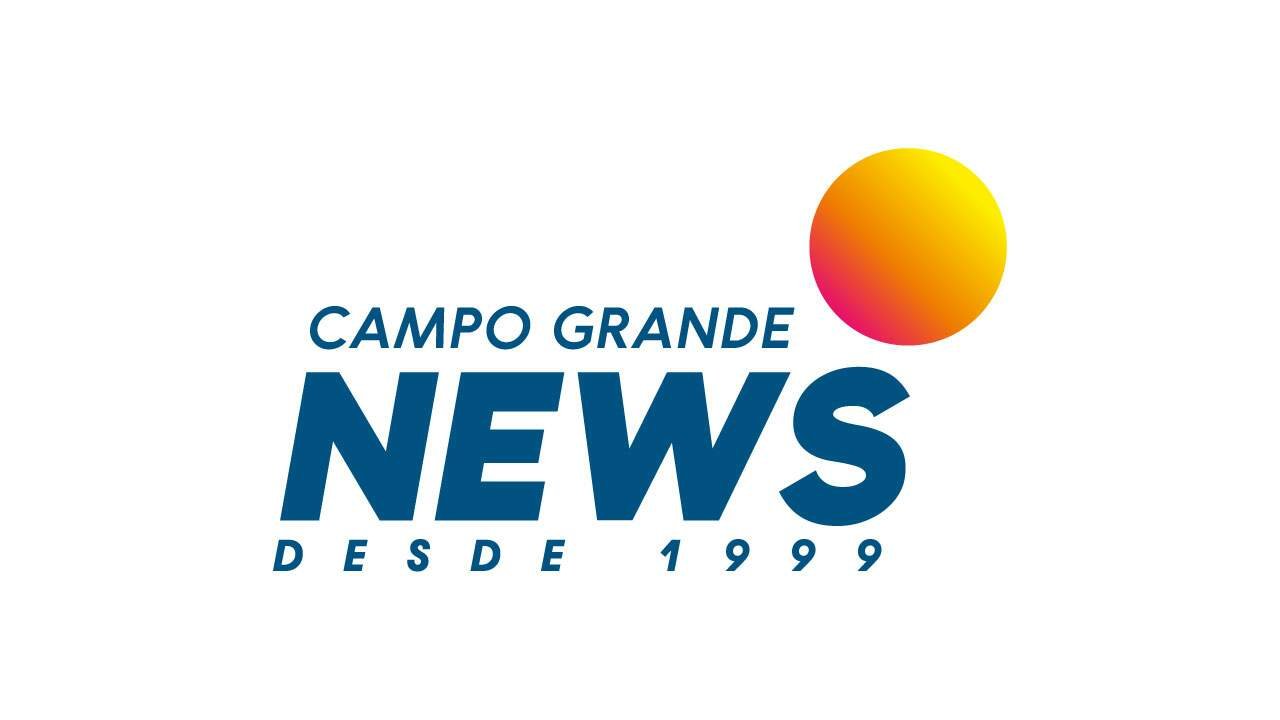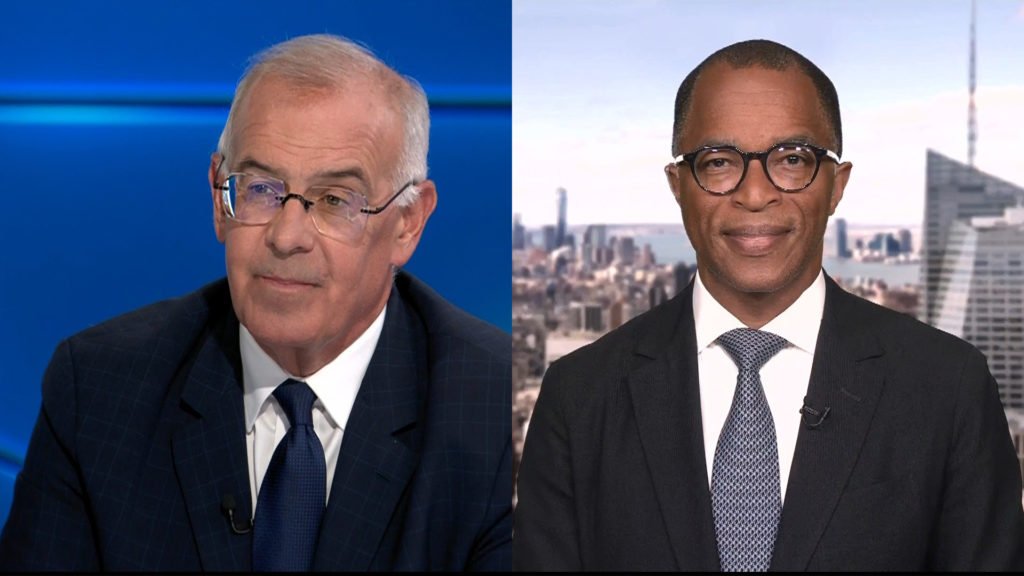CNA Staff, Aug 3, 2025 /
06:00 am
Most people don’t go to graduate school for the rich liturgical life. But that’s exactly what Adelyn Phillips has found at “Teachers for Christ,” a nascent Catholic master’s program in St. Louis, where she is one of 12 students this summer.
Phillips said she has found a vibrant community, structured daily prayer, and solid theological formation. “My time in this program has already been incomparably rich,” she said of the program.
“Never before have I experienced such a beautiful integration of my faith, studies, and friendships,” she said. “I have been encouraged and called higher by the good example of my peers and have been greatly nourished by the liturgical life on campus.”
After nearly two months into the budding Catholic education graduate program, housed just north of St. Louis along the Missouri River, Phillips is not the only student to have found herself in a formative spiritual oasis.
“When I discovered the Teachers for Christ program, it was like a dream come true,” said Dylan Bufkin, another student of the program, which is run by two leading Catholic education organizations: Augustine Institute and Institute for Catholic Liberal Education (ICLE).
After a year of teaching, Bufkin knew that he “had a deep love for teaching and Catholic education.” But he felt a tension between “the modern vision of education” and “a more humanistic approach to curriculum.”
So, he came to St. Louis. There, he found that the “campus’ spirituality underlies and drives a rich community that is fundamentally about holy and intellectual friendship.”
“Here was a place that was partnering with master teachers through the Institute of Catholic Liberal Education to provide expert counsel and wisdom to its students and was dedicated to forming teachers in the educational tradition of the Church,” Bufkin said. “It only helped that my intellectual heroes, like St. John Henry Newman and St. Thomas Aquinas, were front and center in the program’s self-understanding.”
The two-year program centers on spiritual formation alongside theological studies and practical application.
Teachers for Christ, Phillips said, “places tremendous emphasis on our spiritual and human formation.”
“Our curriculum beautifully incorporates faith and reason, and our common life as students on campus is full of shared work and play,” Phillips said. “Everything is ordered toward bringing us closer to God, so that we can in turn bring others closer to him.”
For Bufkin, there’s one word for it: “blessed.”
“We are so blessed to have consistent opportunity for devotion and liturgical prayer that constantly feeds us with the grace needed to pursue holiness as a student, whether that means going back to the books after dinner or serving our classmates’ needs before our own,” Bufkin said.
“The rigor, the friendships, the grace are so life-giving, and I would be hard-pressed to find a better campus to be the background of all this wonderful growth,” Bufkin added.
Educational renewal
Like a monastery, there is no rent or tuition. For the first 14 months of the program, graduate students live, study, and pray on scholarship as part of the debt-free program.
(Story continues below)
Subscribe to our daily newsletter
During the program’s second year, students have a practical year at one of ICLE’s member schools where the schools provide housing and financial support.
After graduation, the program offers placement assistance as well as a yearlong mentorship with ICLE staff and master teachers.
The debt-free, scholarship-based program is designed to give students “a firm theological foundation” while forming them as educators, according to Jeffrey Lehman, the Augustine Institute philosophy and theology professor who directs Teachers for Christ.
During the program, students receive what Lehman calls “whole person formation.” In addition to their studies, students live in community, attend daily Mass, and pray morning and evening prayer together.
Theology classes, which make up a third of the program’s coursework, ground students in “the Church’s ongoing efforts to evangelize and to bear witness to the truth of the Gospel,” Lehman said.
Funded by donors with a passion for Catholic education, the program is part of an ongoing effort to revive classical teaching. Through the program, students receive accreditation from ICLE, which provides a national alternative to the state teacher licensure.
Students also receive practical training, with classroom apprenticeship opportunities at Catholic schools in the surrounding area. For the second year of the program, students are placed at one of the more than 200 ICLE member schools in the U.S.
Across the nation and the world, a “great renewal of Catholic education” is underway, Lehman said.
“In recent decades, a grassroots educational renewal, long referred to as ‘classical education,’ has been growing and maturing throughout the United States,” Lehman explained.
The revival of classical education stretches across denominations and religious affiliations. It can be found everywhere from Catholic parish schools to the Chesterton Academies to publicly-funded charter schools like Great Hearts Academies or even the Jewish prep school Emet Classical Academy in New York.
But classical education, Lehman said, is returning to its source — Catholic education.
“As the renewal grows and matures, it returns more and more to the theory and practice of Catholic education that stretches back from the present to the earliest encounter between Christianity and the pedagogical traditions of Greece and Rome,” Lehman said.
Classical Catholic K-8’s are growing in popularity across the U.S., with success stories from Massachusetts to Colorado. But while Catholic liberal arts education may be trending, it’s nothing new.
“From very early in her own history, the Catholic Church has been the greatest definer, defender, and provider of a truly liberal education,” Lehman said.
This classical Catholic emphasis makes the program unique among graduate programs.
“In a way that is unparalleled among other master’s in education programs, ours is grounded in a solid philosophy and anthropology,” Phillips said.
“We recognize that we cannot teach well without an understanding of the truth about the world around us, ourselves, and our Creator,” she added.





